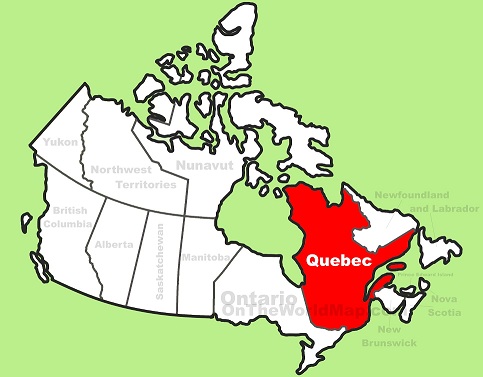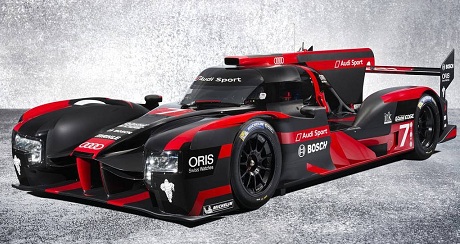Now Reading: Quebec approves new law to increase purchases of zero emission vehicles
-
01
Quebec approves new law to increase purchases of zero emission vehicles
Quebec approves new law to increase purchases of zero emission vehicles

Quebec legislators on Wednesday approved new zero no emission automobile legislation that requires car manufacturers selling cars in the Canadian province to provide their clients a minimum number of hybrid, rechargeable and electrical designs.
Quebec, the very first Canadian province to pass this kind of legislation, signs up with 10 U.S. states consisting of California that have comparable laws created to grow the supply and sales of plug-in electrical automobiles at a time when North American consumer demand is increasing for gasoline-powered SUVs and light trucks.
“We simply authorized one of the hardest laws in North America,” stated Quebec Environment Minister David Heurtel in a declaration.
Under the the new law, 3.5 percent of the overall amount of cars offered or rented by automakers in Quebec need to be no emissions cars from 2018, with that percentage to rise to 15.5 percent in 2020, discussed Emilie Simard, a spokesperson for Heurtel. The sales would overcome a tradable credit system, she discussed.
The system could be beneficial to electrical automobile maker Tesla Motors Inc which would have the ability to offer its excess credits to other car manufacturers. In California, Tesla has gained from some car manufacturers’ choices to purchase more credits instead of develop more vehicles and has also reported over $600 million in ecological credit sales.
Along with the law, Quebec currently provides purchasers an C$ 8,000 credit to buy electrical cars as part of a strategy to bring 100,000 no emissions cars on the road by 2020.
Stay Informed With the Latest & Most Important News
Previous Post
Next Post
-
 01Polestar Boss Says It’s Time To Outrun BMW M And Mercedes-AMG
01Polestar Boss Says It’s Time To Outrun BMW M And Mercedes-AMG -
 02Spy Shots: 2027 Mitsubishi Pajero Spotted in Testing Ahead of Possible U.S. Return
02Spy Shots: 2027 Mitsubishi Pajero Spotted in Testing Ahead of Possible U.S. Return -
 032026 Toyota Hilux EV: A Powerful Truck with Silent Torque
032026 Toyota Hilux EV: A Powerful Truck with Silent Torque -
 04Spy Photos: VW ID. Polo GTI Goes Electric with 223 HP and 280 Miles of Range
04Spy Photos: VW ID. Polo GTI Goes Electric with 223 HP and 280 Miles of Range -
![2027 Mercedes-Benz S-Class Debuts with V8 Engine [Photo Gallery]](https://speedlux.com/wp-content/uploads/2026/01/2027-Mercedes-Benz-S-Class-33-155x125.jpg) 052027 Mercedes-Benz S-Class Debuts with V8 Engine [Photo Gallery]
052027 Mercedes-Benz S-Class Debuts with V8 Engine [Photo Gallery] -
 06The Controversial Ford Voodoo V8 That Was Killed Off Too Early
06The Controversial Ford Voodoo V8 That Was Killed Off Too Early -
 07Hyundai Palisade’s Breakout Year Shows How Quickly the Market Can Turn
07Hyundai Palisade’s Breakout Year Shows How Quickly the Market Can Turn


![2027 Mercedes-Benz S-Class Debuts with V8 Engine [Photo Gallery]](https://speedlux.com/wp-content/uploads/2026/01/2027-Mercedes-Benz-S-Class-33-700x394.jpg)









































